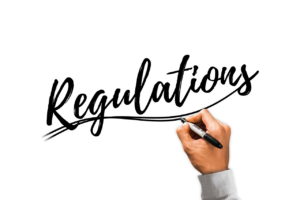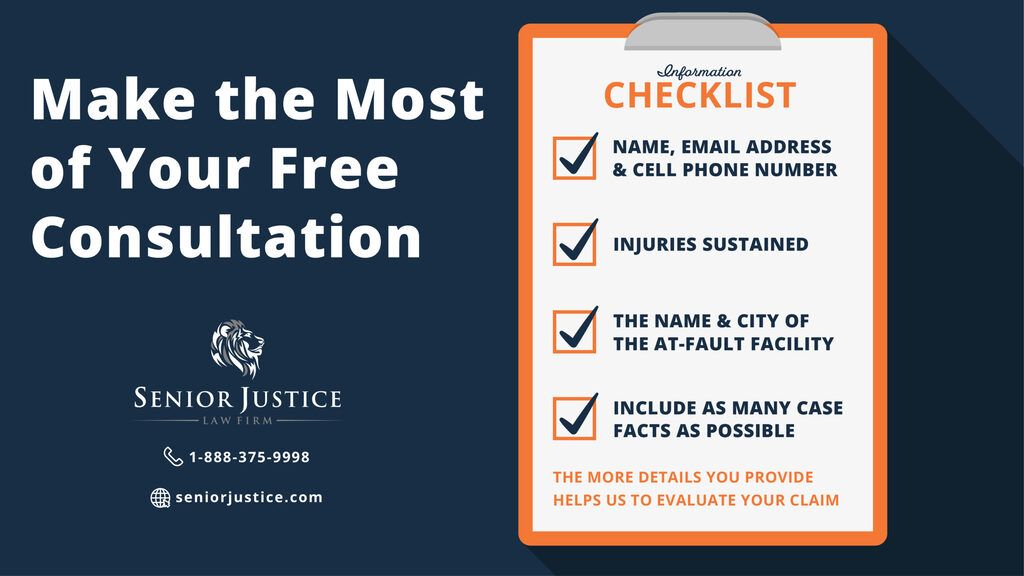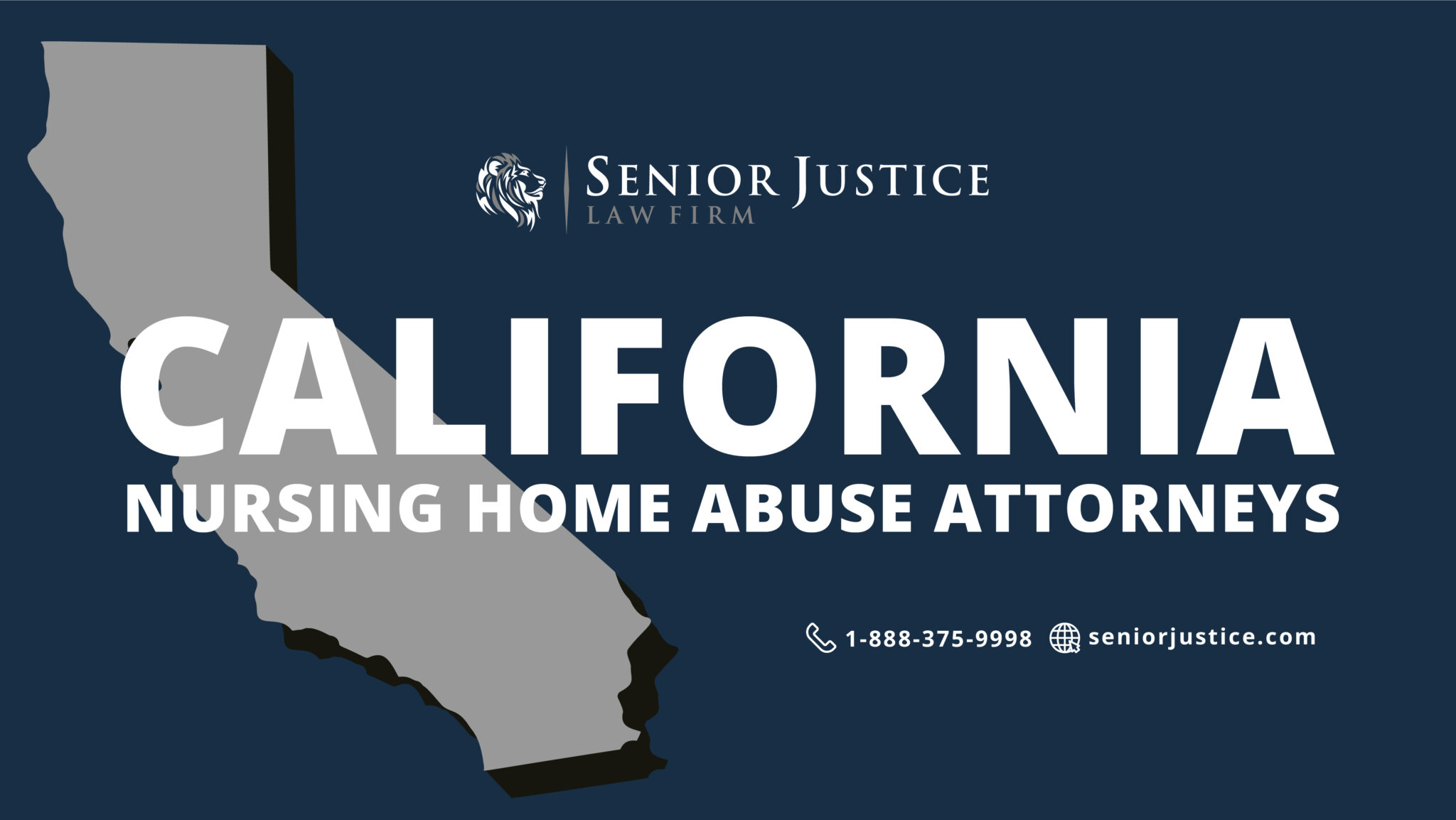Who Regulates California Nursing Homes?
Ensuring the well-being and safety of nursing home residents is a top priority for California’s regulatory framework. The state’s comprehensive oversight and enforcement mechanisms play a crucial role in monitoring and regulating nursing homes.
In this article, our California nursing home abuse attorney explains how California regulates its nursing homes, exploring the key agencies involved, licensing requirements, inspection processes, complaint investigations, and the initiatives aimed at improving the quality of care for vulnerable residents.
California Department of Public Health (CDPH) and Licensing of Skilled Nursing Facilities
The California Department of Public Health (CDPH) is responsible for licensing and regulating nursing homes in the Golden State. CDPH oversees the enforcement of laws, regulations, and standards to ensure compliance. Nursing homes must obtain and maintain licenses from CDPH, which involve rigorous processes, including background checks, interviews, and facility assessments.
Compliance with specific regulations related to appropriate nursing home staffing levels, health and safety standards, medication management, and resident rights is paramount to maintaining licensure.
What Regulations Do California Nursing Homes Follow?

Nursing homes in California must adhere to both state and federal regulations.
California oversees its facilities, but since most of the funding for nursing homes comes through federal agencies (like Medicare), the Centers for Medicare and Medicaid Services also influence how California nursing homes operate.
California State Regulations
The state regulations, set forth in Title 22 of the California Code of Regulations, provide detailed requirements covering various aspects of care delivery, staffing ratios, infection control, emergency preparedness, and more.
Federal Regulations from Medicare & Medicaid
Federal regulations, as outlined in the Code of Federal Regulations, establish minimum standards under the Centers for Medicare and Medicaid Services (CMS). Compliance with these regulations is vital to ensure the provision of quality care and access to federal funding.
Inspection and Survey Process for California Skilled Nursing Facilities
CDPH conducts regular inspections and surveys to assess nursing homes’ compliance with regulations. These surveys, known as the Standardized Survey process, evaluate multiple aspects of care, including resident rights, quality of life, nursing services, dietary provisions, infection control, and physical environment. Surveyors interview residents, staff, and families, review records, and observe daily operations. The findings determine the facility’s compliance and may result in citations, fines, and corrective actions for deficiencies identified during the inspection.
You can usually trigger an inspection at a California nursing home by making a formal complaint, as discussed below.
Complaint Investigation in California Nursing Homes
CDPH investigates complaints filed against nursing homes to ensure the safety and well-being of residents. Complaints can be filed by residents, families, staff, or any concerned party. Complaints can even be filed anonymously.
Upon receipt of a complaint, CDPH initiates an investigation, which may include interviews, record reviews, and on-site visits. Depending on the severity of the complaint, immediate actions may be taken to protect residents. If deficiencies are found, CDPH can impose penalties, revoke or suspend licenses, or require corrective plans to rectify the issues.
Click this link to learn more about how you can report nursing home abuse in California.
California’s Nursing Home Quality Improvement Initiatives
California’s department of health actively promotes quality improvement initiatives in nursing homes. The Quality Improvement Organization (QIO) program, administered by the California Health Care Foundation, supports facilities in enhancing care delivery, reducing avoidable hospitalizations, and improving patient outcomes. QIOs collaborate with nursing homes to implement evidence-based practices, provide education and training, and facilitate peer-to-peer learning. These initiatives focus on enhancing resident-centered care, promoting staff development, and fostering a culture of continuous improvement.
Public Reporting and Transparency
California emphasizes transparency by providing public access to nursing home information and performance ratings. The California Nursing Home Search website allows individuals to search for licensed facilities, review inspection reports, and compare performance indicators. This transparency empowers consumers to make informed decisions when choosing nursing homes and holds facilities accountable for maintaining high standards of care.
Ongoing Issue or Injury Inside a California Nursing Home?

Through agencies like CDPH, rigorous licensing requirements, thorough inspection processes, complaint investigations, quality improvement initiatives, and public reporting, California strives to regulate and improve nursing home care. However, oftentimes, these efforts fall short, as only 1 in 5 incidents of elder abuse and neglect are actually reported.
If you suspect neglect inside a California nursing home, assisted living, or healthcare facility, contact Senior Justice Law Firm today for a free case evaluation.
Speak with our Los Angeles nursing home abuse attorney by calling (213) 297-5277, or call (415) 840-8808 to speak with our Bay Area nursing home abuse attorney.


